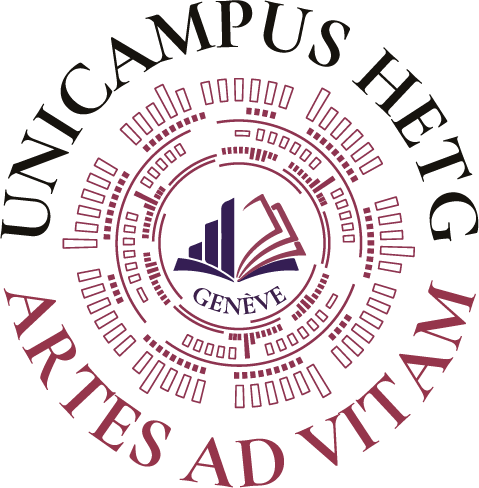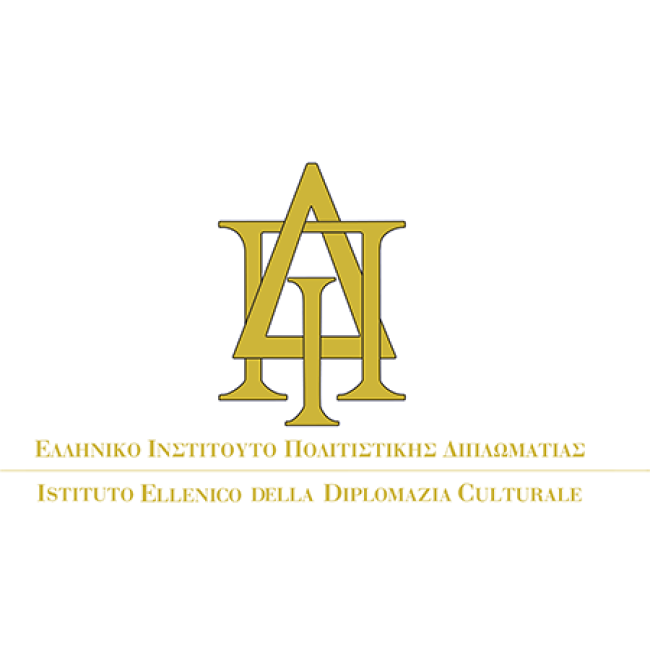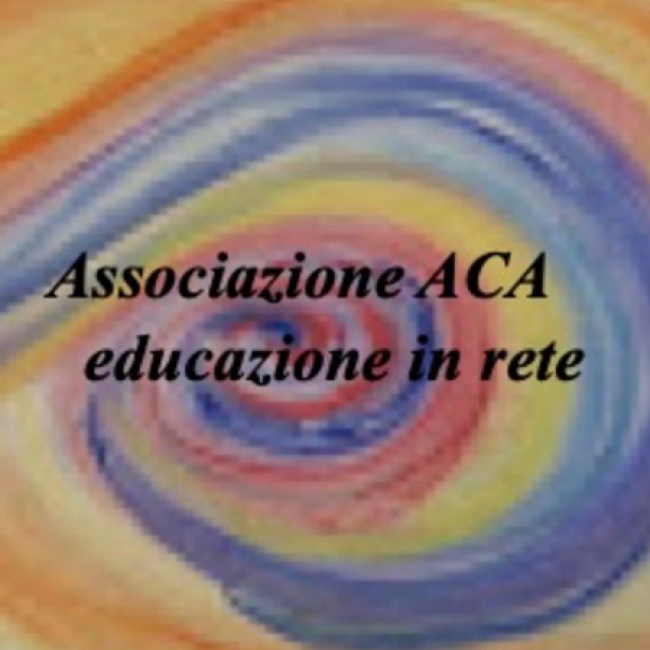Faculty of Anthropological Sciences
The anthropological sciences constitute an academic and research field concerned with the study of human beings in all their dimensions, cultural, biological, social and evolutionary. The discipline is divided into several branches, including cultural anthropology, physical (or biological) anthropology, social anthropology and linguistic anthropology. Each of these branches focuses on specific aspects of human behavior and human evolution.
- Cultural anthropology: This branch focuses on the study of human cultures, social practices, traditions, beliefs, institutions and ways of life of different societies around the world. Cultural anthropologists often conduct field research, living among the populations they study to gain an in-depth understanding of their cultural practices.
- Physical (or biological) anthropology: This area of study focuses on human evolution, human biodiversity, human genetics, osteology, anthropometry, and other biological and physical aspects of being human. Physical anthropologists also study human adaptation to different environments and human populations in the context of biological evolution.
- Social anthropology: This discipline deals with social structures, interpersonal relationships, power, social stratification, processes of social change and institutions in human societies. Social anthropologists often analyze the ways in which people organize themselves within their communities and the social dynamics underlying these organizations.
- Linguistic anthropology: This branch studies human language in all its facets, including language structure, the evolution of languages, nonverbal communication and the role of language within human cultures.
Anthropological sciences offer a holistic perspective on human beings, integrating biological, cultural and social approaches to understand the complexity of our species. Anthropologists can work in a variety of fields, including academic research, fieldwork, nongovernmental organizations, government agencies, museums, media and more.
Bachelor's Degree

Master's Degree












